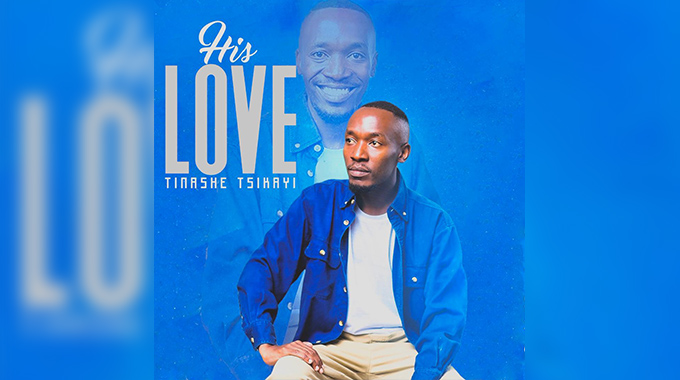Lessons learnt from 2011 Culture Week
at district, provincial and national level.
Although a comprehensive report of the week-long celebrations that culminated in the commemoration of the World Day of Cultural Diversity for Dialogue and Development on May 21 is yet to be published, there are many significant lessons learnt from what happened and what did not happen.
Firstly, while the media did cover the schedule and the actual events as news, there was no significant action taken by both the print and electronic media to participate as stakeholders in the promotion of cultural diversity for dialogue and development. No editorial discourse and specific features were devoted to the importance of celebrating Culture Week and in particular the World Day for Cultural Diversity for Dialogue and Development as well as taking cognisance of and discussing the international message on the day issued by Unesco Director-General Irina Bukova.
Both radio and television featured only snippets of events as news items without substantial programming aimed at discussing or showing the critical importance of ensuring the protection and promotion of the diversity of our cultural expression. Except for the usual cultural discussion programmes such “Tsika Dzedu” on Radio Zimbabwe and “Zvevanhu” on ZBC/TV, there were no programmes that focused on either the national theme of “professionalising the arts” or that of the World Day for Cultural Diversity of Dialogue and Development.
Secondly, the absence of seminars, workshops and paper presentation on both the national theme and world theme was most noticeable. The Culture Week and World Day of Cultural Diversity for Dialogue and Development are opportune moments for awareness raising on the national efforts to implement the Unesco 2005 Convention on the Protection and Promotion of the Diversity of Cultural Expressions.
Thirdly, to feature mainly the performing arts and some vial arts exhibitions, which are the usual menu of arts and culture events in the country, does not encourage the nation to consider critical actions that should be taken to enhance our access to the rich cultural diversity of Zimbabwe.
It would have made tremendous impact on our notion of cultural diversity had our two national television channels featured rites, rituals, festivals and of other cultural manifestations of those ethnic groups which hardly find space on our television such those of the Tonga, Challenge, Venda, Suthu, Shangani as well as many groups with roots in our neighbouring countries but which have become a big part of our rich cultural diversity.
To relegate the culture of these groups to their music and languages on radio is to deny those that are “stuck” to television any opportunity to appreciate this rich cultural diversity. Snippet images in televisions news broadcast from provinces during the week should have avoided the usual speeches by Government officials and highlighted statements by traditional custodians of culture and performers of these elements of cultural diversity that are often not prioritised on our television.
Fourthly, the Government’s position on the value of culture in general and cultural diversity and cultural industry in particular should be clearly spelt out during this week and particularly on the World Day of Cultural Diversity for Dialogue and Development. This could be in the form of a statement by the Head of State and Government or the minister responsible for culture using the national media of radio and television and having the statements circulated by the print media.
It would have been very reassuring to the arts community if the Government had indicated what steps should be taken to “professionalise the arts” and what it is doing to ensure that the arts industry in particular takes its place as a major employment and income-generating sector.
Many times the President has used weddings and funerals to articulate his strong views on culture especially the paramount importance of our customs, cultural values, beliefs and our cultural identity.
These statements have not constituted a compendium of statements that guide in the formulation of the national cultural policy. What better day is there for our President to articulate clearly his thoughts about the value of culture than on the World Day of Cultural Diversity for Dialogue and Development?
Fifthly, the Culture Week should be a national campaign for asserting Zimbabwe culture across the board and revitalising some aspects of culture eroded by colonial occupation and threatened by globalisation.
Last year when the President returned from traditional ceremony of the Tonga at Chief Mukuni in the Zambezi Valley side of Zambia near Livingstone, he indicated that there was need for Zimbabwe to consider revitalising some of her traditional ceremonies that were suppression by colonial governments, colonial education and even the Church.
Our Culture Week should offer us an opportunity to consider the revitalisation of such ceremonies in line with the implementation of the Unesco 2003 Convention on the Safeguarding of the Intangible Cultural Heritage which Zimbabwe ratified and is currently implementing.
l [email protected]









Comments